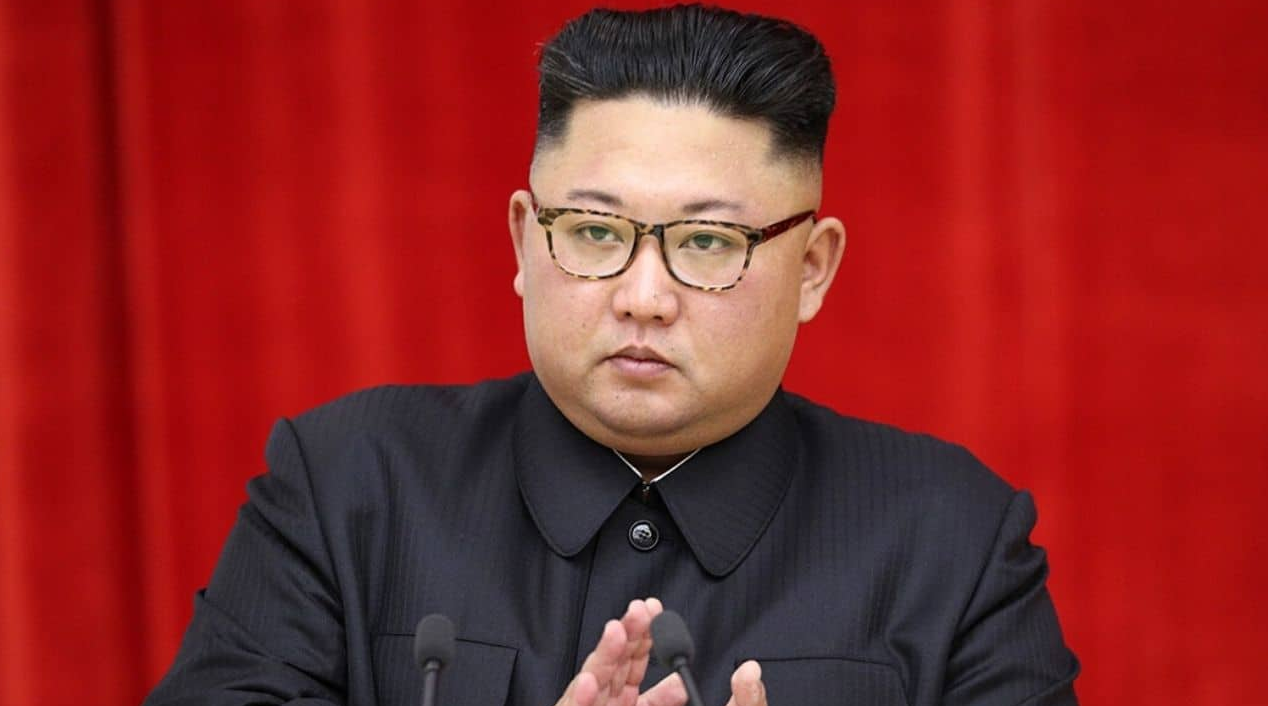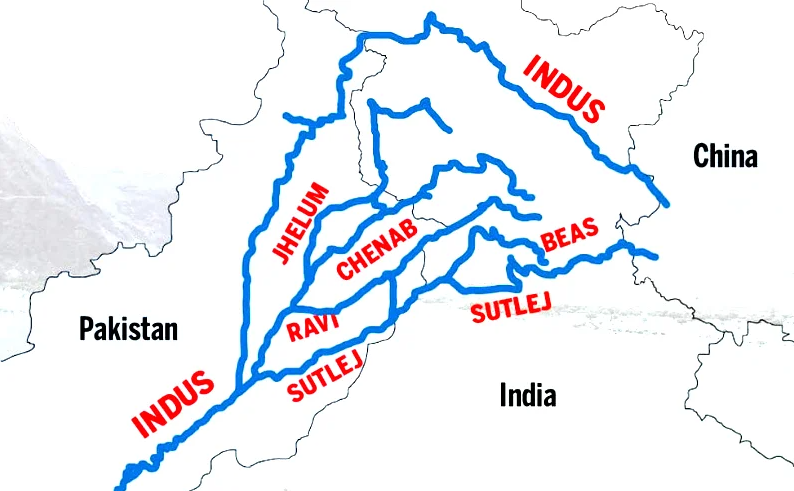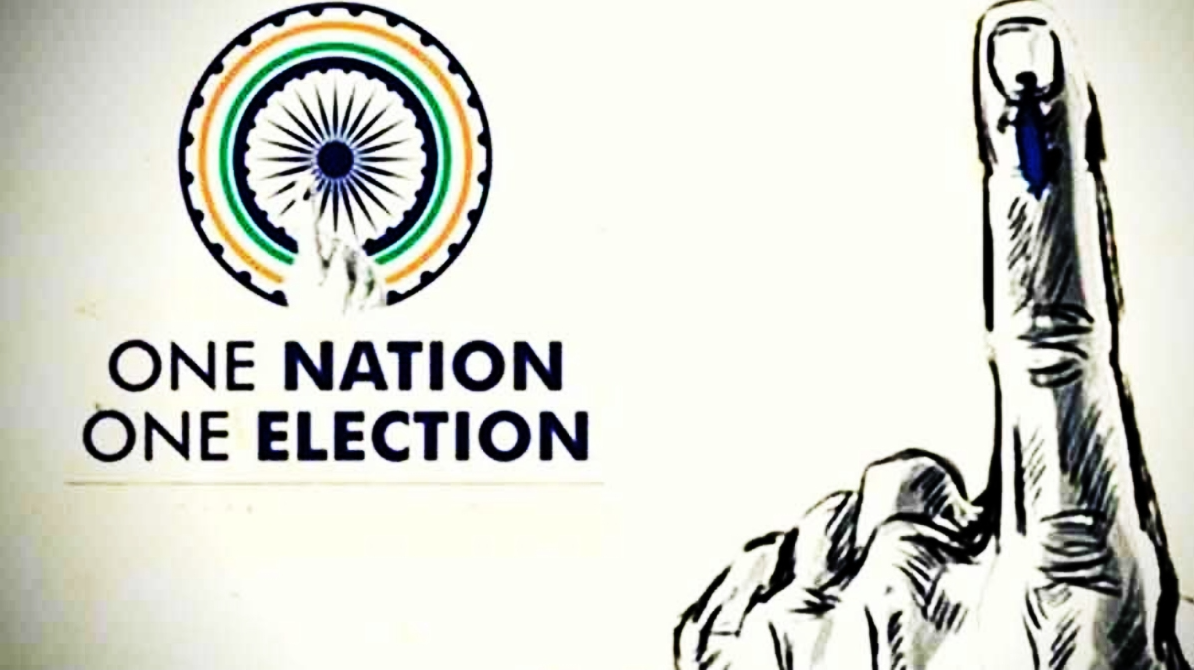Tensions rise on the Korean peninsula as North Korea resumes sending balloons carrying trash across the border towards South Korea, according to a statement by Seoul’s military. This latest action comes just days after South Korean activists launched balloons carrying leaflets critical of the North Korean regime. This marks the third such incident since late May, escalating tensions between the two neighboring countries.
The Balloon Campaign by North Korea
South Korea’s Joint Chiefs of Staff reported that their neighbour country launched approximately 330 balloons toward the South on Saturday night. By Sunday morning, around 80 of these balloons had landed in South Korean territory. The South Korean Joint Chiefs of Staff (JCS) advised citizens to avoid touching the balloons and report them to authorities. Fortunately, no hazardous substances were discovered in the trash dropped by the balloons, which included plastic and paper waste.
North Korea’s Retaliation and Diplomatic Fallout
This balloon campaign is the response to South Korean activists who floated their own balloons containing propaganda leaflets into the North. In retaliation, North Korea has sent over 1,000 balloons filled with trash and manure across the border. These actions have strained relations between the two countries, already divided by decades of conflict and a diplomatic stalemate over nuclear ambitions.
South Korea’s Response
In light of North Korea’s continued balloon launches, South Korea has suspended a 2018 agreement aimed at easing tensions. This suspension allows South Korea to resume live-fire military exercises and anti-North Korean propaganda broadcasts near the border. These actions are likely to further provoke and may lead to additional retaliatory measures.
Heightened Animosities
The recent balloon incidents highlight the fragile state of affairs on the Korean Peninsula. As both sides engage in symbolic acts of defiance, the risk of escalation remains ever-present. The international community closely monitors developments, hoping for a de-escalation and renewed dialogue between the two Koreas.







































